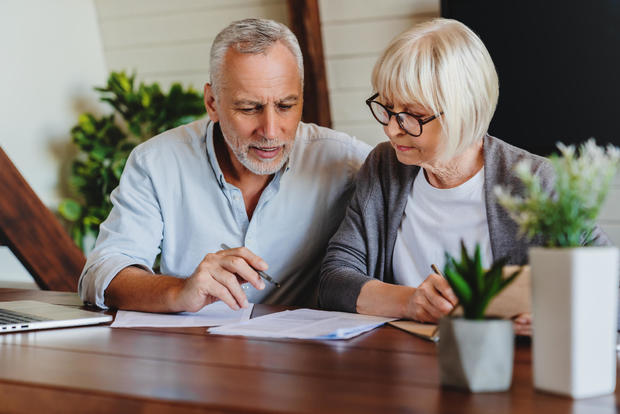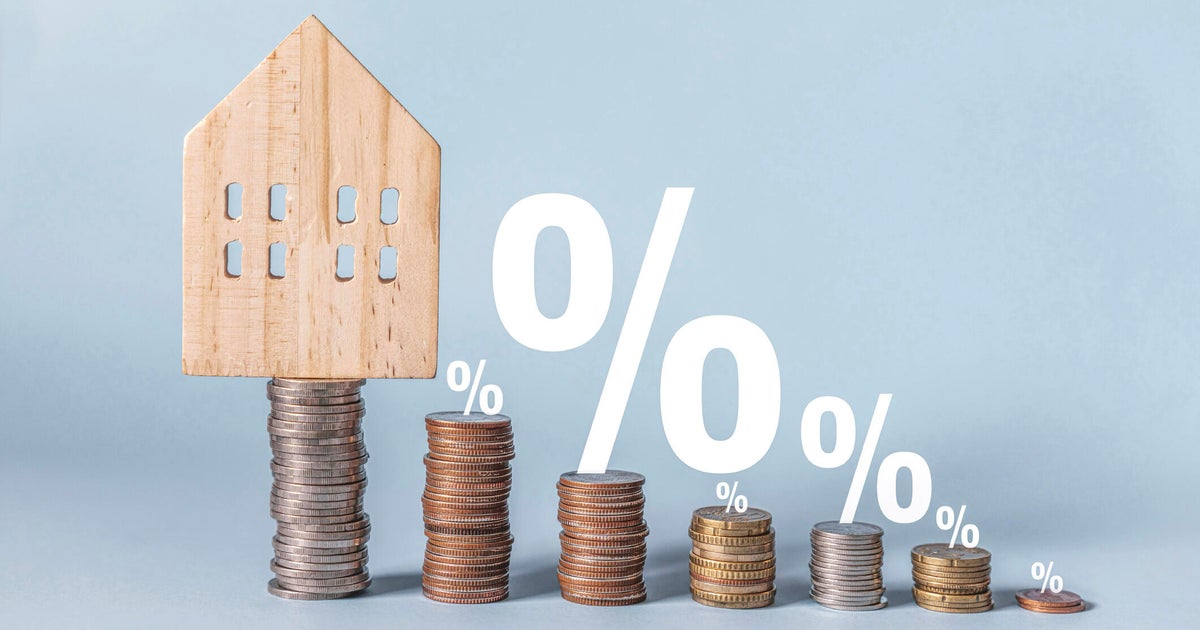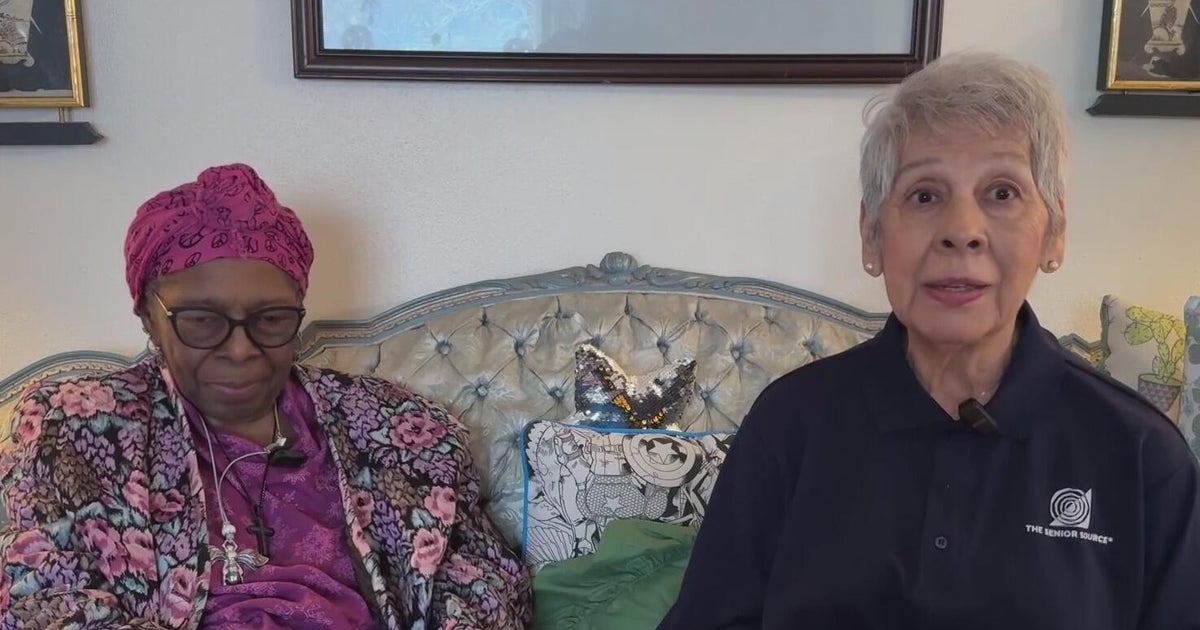Why reverse mortgages may be worth it for seniors
During a time of inflation and uneven economic news, many adults find themselves looking for new and innovative ways to pay for rising expenses. This can take many forms, depending on the individual's personal circumstances and goals. Perhaps a passive income gig can help or a refinance to free up cash.
For older homeowners in need of a large infusion of cash, however, options are more limited. Seniors can often be restricted to a tight budget tied to retirement savings and Social Security benefits. In these instances, seniors may want to turn to a reverse mortgage.
A reverse mortgage allows homeowners age 62 and older to deduct a portion of their home's equity to use as needed. This would qualify as tax-free income, although it would need to be repaid if the homeowner dies or if they choose to sell their home.
That said, a reverse mortgage could still be worth it for seniors, particularly in today's economy. In this article, we will break down three reasons why reverse mortgages may be valuable for seniors.
If you think a reverse mortgage can help you, start exploring your options here now.
Why reverse mortgages may be worth it for seniors
Here are three reasons reverse mortgages could benefit seniors.
It provides a lump sum of cash
In today's economic climate, seniors may need more than a few extra dollars to make ends meet. While it may be possible to save and cut corners here and there, it's unlikely to be enough when major home repairs and other large expenses come into play.
A reverse mortgage can help by providing a lump sum of cash to the homeowner. The amount they can obtain varies depending on how much of the initial home loan has been paid off, but it's not unrealistic for seniors to obtain tens of thousands of dollars (or more) via a reverse mortgage.
Check your reverse mortgage options here to see if a reverse mortgage makes sense for you.
You don't need to pay it back each month
Unlike almost all other credit options, with a reverse mortgage, you won't have to worry about making a monthly payment for what you've borrowed. As mentioned above, reverse mortgages only need to be repaid if the homeowner dies or if they choose to sell their home.
If neither of those scenarios is in play, the homeowner can enjoy using the equity they've accumulated as they see appropriate without having to worry about adding another monthly bill to their budget.
You can stay put at home
HELOCs and home equity loans have unique benefits for many homeowners, but they also come with inherent risk. When the homeowner accesses their equity this way, they're putting up their home as collateral. That may be OK if the homeowner has the ability to repay what they've borrowed, but it could quickly become problematic if their funds are limited.
Reverse mortgages don't come with these issues. You can withdraw your funds and not worry about losing your home or being forced to move if you can't repay it, as long as you continue to pay your property taxes and home insurance. You can age in place and enjoy the comfort and security of your home while still having access to the funds a reverse mortgage provides.
Explore reverse mortgage lenders here now to see how much you can withdraw.
The bottom line
So, are reverse mortgages worth it for seniors? As is usually the case, it comes down to the individual and their financial health.
"Taking out a reverse mortgage is not right for everyone—but for some older adults, it can be worthwhile," The National Council on Aging says. "You may be a good candidate for a reverse mortgage if your home is steadily increasing in value and you plan to live there for a long time. It's also important that you have plenty of cash flow to cover the costs of your home and stay current on your reverse mortgage."




